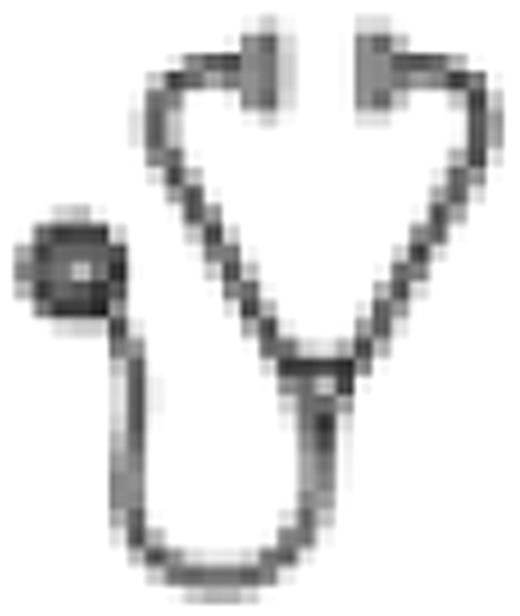Abstract
Abstract 174
Blinatumomab, a bispecific, T cell-engaging (BiTE®) antibody, can effectively redirect T cells for highly selective lysis of CD19+ target cells. The B-cell differentiation antigen CD19 is a marker for B-ALL cells. In B-lineage acute lymphoblastic leukemia (ALL), persistence or relapse of minimal residual disease (MRD) is an independent poor prognostic factor, and new treatments are urgently needed. MRD relapse during or after maintenance treatment in adult standard risk patients generally heralds a hematological relapse in 90% of patients.
A phase 2 study was conducted to determine the efficacy of blinatumomab in ALL patients with MRD persistence or relapse (MRD level <310-4) after induction and consolidation therapy. MRD was assessed by qRT-PCR for rearrangements of immunoglobulin (Ig) or T-cell receptor (TCR) genes, or for specific fusion genes. Blinatumomab was administered as a 4-week continuous i.v. infusion at a dose of 15 μ g/m2/d followed by a 2-week treatment free period (1 cycle). Primary endpoint was the proportion of patients with MRD response defined by individual rearrarrangement of Ig or TCR below 10-4. Patients who showed neither MRD progression nor response were permitted to receive up to 7 cycles of treatment. Patients who had achieved MRD response received 3 additional consolidation cycles.
Between May 2008 and November 2009, 21 patients (16 Ph-negative; 2 patients with MLL-AF4; 5 patients with Ph+ ALL) were enrolled. The cut-off date for data analysis was May 15, 2010. Patients received between 1 and 7 cycles of blinatumomab (total of 66 cycles). Transient pyrexia (100%) and chills (43%) were the most common clinical AEs. There were no blinatumomab related deaths.
Sixteen patients became MRD-negative. One patient was not evaluable due to a grade 3 adverse event (AE) leading to treatment discontinuation. Of the responding patients, 13 had never before achieved a negative MRD status on chemotherapy. Regardless of their MRD level prior to study treatment, all 16 (13/15 patients with Ph− and 3/5 patients with Ph+ ALL) became MRD-negative after the first cycle of blinatumomab. Nine patients were enrolled with a MRD load >10-2 prior to study treatment and all reached complete MRD response. Thirteen out of 16 patients with persisting MRD prior to study treatment and 3 out of 4 patients with MRD relapse showed complete MRD response.
Overall relapse-free survival (RFS) currently is 78% at a median follow up of 405 days. RFS is 100% for the 8 patients who received subsequent allogeneic stem cell transplantation (median follow up 434 days).
Blinatumomab is a highly active treatment for patients with MRD-positive B-lineage ALL after intensive chemotherapy and has an acceptable safety profile. T cells engaged by blinatumomab seem capable of eradicating chemotherapy-resistant tumor cells in bone marrow that otherwise might cause clinical relapse. A long RFS suggests that blinatumomab may improve outcome in patients with B-precursor ALL. A multicenter international study of blinatumomab in patients with MRD-positive B-lineage ALL has been initiated.
Zugmaier:Micromet Inc.: Employment. Degenhard:Micromet Inc.: Employment. Schmidt:Micromet Inc.: Employment. Scheele:Micromet Inc.: Employment. Kufer:Micromet Inc.: Employment. Klinger:Micromet Inc.: Employment. Nagorsen:Micromet Inc.: Employment. Bargou:Micromet Inc.: Consultancy.

This icon denotes a clinically relevant abstract
Author notes
Asterisk with author names denotes non-ASH members.

This feature is available to Subscribers Only
Sign In or Create an Account Close Modal